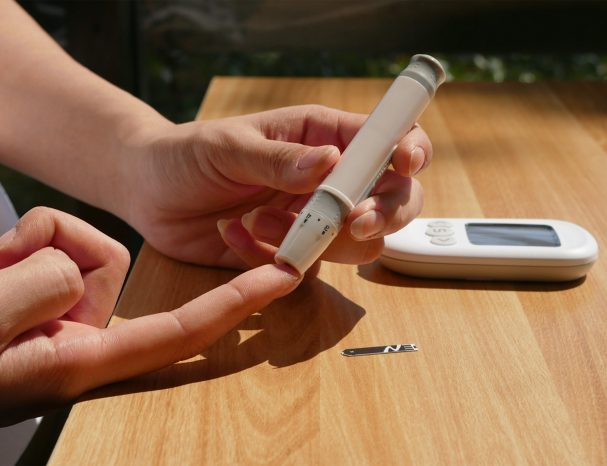We’ve all heard the saying, “A teaspoon of sugar makes the medicine go down,” but you won’t believe what a tablespoon of vinegar can do!
The health benefits of vinegar – specifically apple cider vinegar – has been a go-to for those looking to shed a few kgs, however the pantry staple holds another powerful yet surprising benefit – it reduces the chance of a blood sugar spike!
What is a glucose spike?
Glucose, commonly referred to as blood sugar, is a vital source of energy for our bodies.
However, consistently high blood sugar levels or radical spikes in glucose, often caused by consuming excessive refined sugars and carbohydrates, can lead to serious health issues such as type 2 diabetes, heart disease, and obesity.
How vinegar works for glucose spikes
Vinegar slows down the breakdown of starches into glucose, and it tells our muscles to soak up glucose as it arrives in our bloodstream. As a result, it will reduce the absorption of glucose from what you have just eaten.
Breaking down the benefits
These are some of the benefits you can expect to see from using apple cider vinegar to combat blood glucose spikes:
Improved insulin sensitivity
Insulin is a hormone that regulates blood sugar levels by facilitating the uptake of glucose into cells. Drinking vinegar with meals may enhance insulin sensitivity, making it easier for your body to utilise glucose efficiently. This can result in more stable blood sugar levels after eating.
View this post on Instagram
Slows down digestion
Vinegar has been shown to slow down the rate at which food leaves the stomach. This delayed gastric emptying can lead to a slower and more gradual increase in blood sugar levels after a meal, reducing the likelihood of a sharp spike.
Enhanced glycemic control
Vinegar consumption may lower the overall glycemic response to a meal. This means that even if you consume carbohydrates, the addition of vinegar can help temper the subsequent rise in blood sugar.

There is a powerful ongoing study about the consumption of vinegar and reducing PCOS symptoms.
Vinegar in your daily diet
While the idea of drinking vinegar with meals may not sound appetising at first, the health benefits it offers for managing glucose spikes are worth considering.
Dilute it: Drinking vinegar straight can be harsh on your stomach and enamel. Mix one to two tablespoons of vinegar (apple cider or white vinegar) with a large glass of water before or during meals.
Use it as a salad dressing: Incorporate vinegar into your daily meals by using it as a salad dressing. Combine it with olive oil, herbs, and spices for a tasty and healthful vinaigrette.
Marinades and sauces: You can also include vinegar in marinades or sauces for meats and vegetables. This adds flavour and provides potential glucose-regulating benefits to your dishes.
Be consistent: To see any potential improvements in glucose control, it’s important to be consistent. Make drinking vinegar with meals a regular part of your routine.
Monitor your blood sugar: If you have diabetes or are concerned about your blood sugar levels, consult with a healthcare professional and monitor your glucose levels regularly to determine how vinegar affects you personally.
Experts recommend drinking the vinegar mixture 20 minutes before eating and always drink through a straw – you don’t want to ruin the enamel of your teeth!
ALSO SEE: The health benefits of peanut butter
Article originally written and published by Amy Steenkamp for Woman&Home.
Feature image: Pexels

